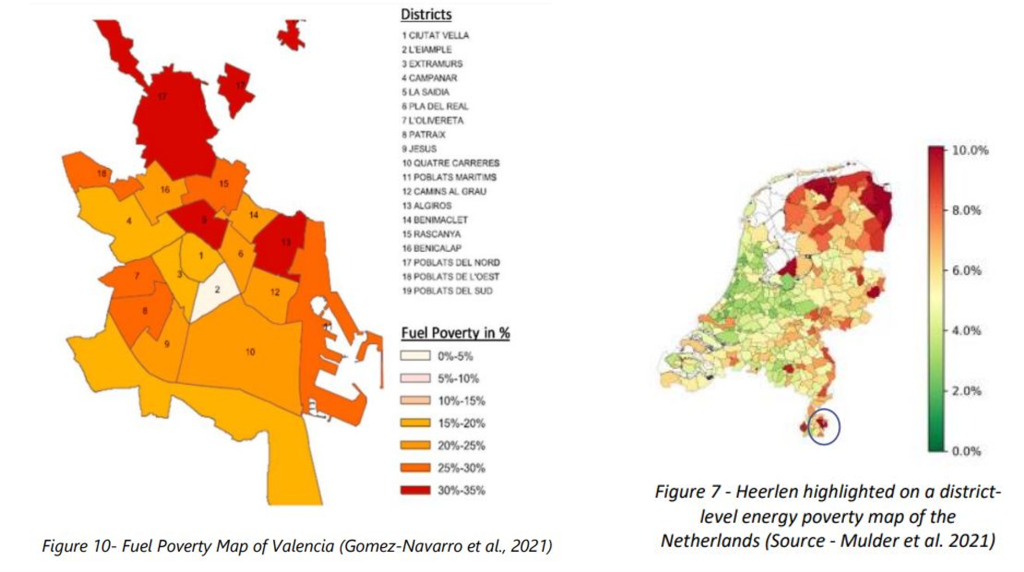Never before has energy poverty been such a serious threat to so many European citizens as it is now. Since the current energy crisis started, national Parliaments and local governments all over the EU discuss what immediate measures can be taken to help people come through this winter without freezing and starving. For those measures to be both effective and cost-efficient, policy-makers discuss who exactly should be the beneficiaries of relief measures. In short, they need to agree on a definition of who suffers from energy poverty. The latest POWER UP report “Understanding Energy Poverty Characteristics at the Local Level” may guide decision-making.
Authors Manon K Burbidge and Dr Saska Petrova from University of Manchester start off with defining energy poverty as a condition in which a person is unable to secure materially and socially necessitated energy services in their home. They also state that it is a highly context-specific phenomenon.
The report presents and analyses the energy poverty situation at both a national scale for six EU countries – Belgium, Czech Republic, Italy, Netherlands, North Macedonia, and Spain- as well as at local level for specific cities.
The authors explore how people understand energy poverty in their country and in their local area. They found answers to how is it expressed and characterized and what drives energy poverty in each of the study areas. Data collection also addressed challenges and strategies being used by national and local governments, often in collaboration with organisations working on the ground, to help vulnerable people cope with and improve their situation.

This report is very relevant for all those who want to get evidence for energy vulnerability in specific EU countries. The reading helps understand better why there is no one-size-fit-all solutions for giving citizens affordable access to a decent amount of energy. The country reports reflect the diversity of situations and the key challenges, both institutional and informational, that come with each situation.
This analysis underlines the different groups of people most likely to be affected by energy poverty in the pilot locations. It provides a knowledge base from which the pilots and other entities fighting for the right to energy can take account of vulnerable groups’ specific needs when involving them in project activities, including the cocreation of interventions, developing local and affordable energy projects and implementing energy poverty mitigation measures.
In line with the POWER UP project’s objectives, Burbidge and Petrova highlight the huge potential renewable energy communities have to enable citizens’ participation in the energy transition, increase access to clean, safe and affordable energy, and thus alleviate energy poverty.
